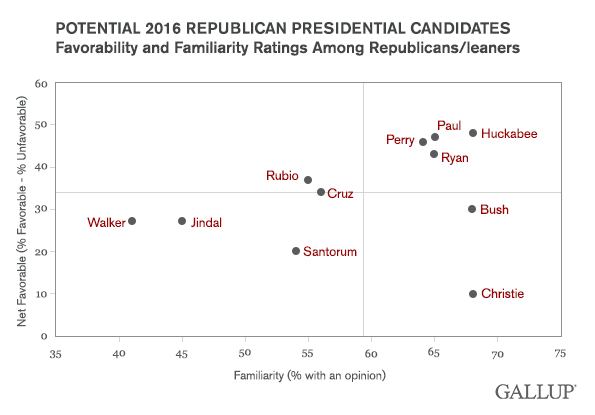Emily Cahn reports at
Roll Call on the
race to succeed Barbara Boxer in the Senate. Tom
Steyer is out:
“Given the imperative of electing a Democratic president — along with my passion for our state — I believe my work right now should not be in our nation’s capital but here at home in California, and in states around the country where we can make a difference,” Steyer said in an entry on the Huffington Post.
California Attorney General Kamala Harris announced her bid for the seat earlier this month. She quickly picked up the endorsement of top Democrats, including Sens. Elizabeth Warren, Kirsten Gillibrand and Cory Booker.
Many Democrats view Harris as the front-runner in the race, but other candidates are still weighing bids.
They include former Los Angeles Mayor Antonio Villaraigosa and several House Democrats, including Reps. Xavier Becerra, John Garamendi, Raul Ruiz, Loretta Sanchez and Jackie Speier.
Democratic Rep. Adam Schiff, who represents a Los Angeles-area district, announced Thursday he is also considering a bid.
It is natural that several House members are pondering the race. The House is a customary route to the Senate.
In fact, a majority of current senators served in the House. It is especially understandable for Democrats to take a good look. Serving as a
member of the minority party in the US House of Representatives is extremely frustrating. Because of the majority party's procedural control, members of the minority party cannot pass major legislation. The upper chamber surely looks more attractive: compared with their House counterparts, Senate Democrats have a much better chance of regaining control in 2016. Even if they don't, minority-party senators can play a serious role in legislation.
Nevertheless, it is also hard for a House member to win statewide. California has 53 House members -- the highest number of any state -- so each one represents just a sliver of the statewide electorate. None of the House members considering a run has statewide name identification -- not even Garamendi, who served as insurance commissioner and lieutenant governor. (Californians have a short memory when it comes to downballot offices.) He turns 70 tomorrow.
And it would take tens of millions of dollars to win a contested Democratic nomination for the Senate in California. (It is hard to make an exact estimate, since we have not had an open-seat race since 1992.) Few politicians can raise that kind of money.
Villaraigosa has greater prominence and more fundraising ability than the House members. He also represents a key ethnic group, Mexican Americans. But he has big liabilities. First, contrary to
recent out-of-state press reports, he was not a particularly popular mayor: he left with
an anemic 47% approval rating. Second, he is a poor extemporaneous speaker: Harris would crush him in debate. Third, he suffers from a serious
sleaze factor: extramarital affairs and some
questionable post-mayoral employment.


